It’s time to go beyond CeFi! We specialize in building custom DeFi protocols like DAOs, DEXs, and Yield Farming for Lending/Borrowing/Trading.
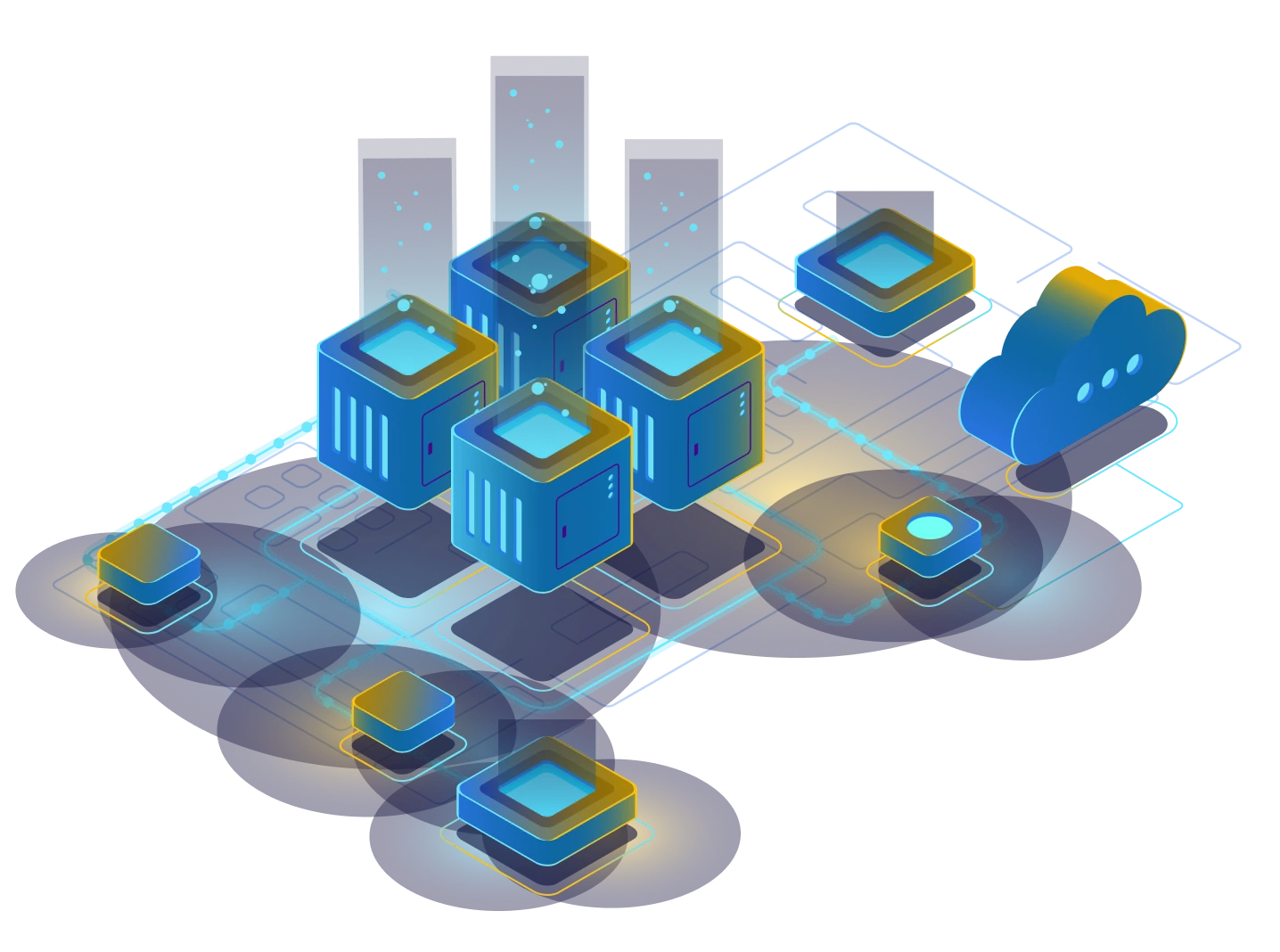

Decentralized finance’s (DeFi) colossal growth is taking the world by storm! How fast is it growing? According to Gartner, 20% of large organizations will be using digital currencies by 2024 for payment, a store of value and the ability to leverage high-yield investments available in decentralized finance (DeFi) applications.
Additionally, smart contract development and its applications in DeFi cut out the mediators, ensuring fairer systems and directly connecting creators to consumers. With interactive apps and micro-payments, DeFi enables richer, more immersive user engagement.
Does it seem to incite, and do you want to launch your DeFi project? Contact Global Blockchain Solution right away!
DeFi integrates decentralized software Lego blocks like smart contracts, oracles, and encryption to enable financial services such as sans intermediaries, leveraging automation, transparency, and accessibility to disrupt traditional finance. Here's the complete breakdown of factors involved in developing a DeFi platform.
DeFi development platforms are powered by smart contracts, the programmatic agreements on the blockchain that self-execute based on preDeFined conditions. Smart contracts enable decentralized lending, trading, insurance, and more in the DeFi app.
These are third-party services that provide real-world data to smart contracts, such as price feeds for DeFi protocols to determine asset trading prices.
Tokenization refers to representing real-world assets like fiat money, stocks, etc, as tokens on the blockchain. This enables their inclusion on DeFi apps for lending, trading, payments, and more.
Protocols like POLKADOT and COSMOS enable interoperability between different blockchains, allowing DeFi apps to utilize services across different networks.
DeFi development involves designing decentralized consensus mechanisms like Proof of Stake, enabling blockchains to function in a decentralized manner without central authority.
Lastly, well-designed user interfaces are crafted by a DeFi developer by optimizing UX in a way similar to traditional FinTech applications for easy onboarding/usage.

Our DeFi developer integrates modular decentralized components like lending protocols, DEXs, and stablecoins, empowered by smart contracts and oracles, to build innovative DeFi apps that have the following industry-leading features.
Are you wondering - what is DeFi development services? DeFi development services are the assistance a DeFi development company provides for the creation, implementation, incorporation, maintenance, and evolution of DeFi platforms. Our DeFi developers provide these services that are designed to facilitate swift and secure blockchain-based financial transactions, effortless management of cryptocurrency, and other related services.
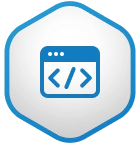
Get a custom DeFi application developed leveraging the strength of smart contracts and blockchain technology for transparent and efficient decentralized financial services.
Our DeFi developers are exceptional at end-to-end token creation, from defining tokenomics and launch strategy to programming ERC29, ERC-721, and custom tokens of various blockchains.
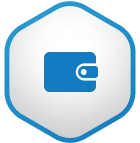
User-friendly, secure crypto wallets are developed and optimized for storing, sending, receiving, and interacting with all standard tokens and digital assets across diverse blockchains.

We help you develop decentralized lending protocols, enabling peer-to-peer crypto lending and borrowing with algorithmically determined interest rates and no counterparty risk.

We help you develop decentralized lending protocols, enabling peer-to-peer crypto lending and borrowing with algorithmically determined interest rates and no counterparty risk.

Our DeFi company offers fast, secure decentralized exchanges built to launch trading venues that provide every user with complete control over their data, privacy, and security.

Having difficulty navigating your DeFi project? Consult with our DeFi experts and get expert guidance on architecture, compliance, tokenomics, roadmaps, and creative business models offered to capitalize on emerging finance opportunities.

We help you build trust with traditional financial institutions and regulators and access new markets and partnerships by providing you with compliance and KYT modules.

Get a decentralized insurance platform allowing community-based coverage pools, automated claim payouts, and transparent actuarial models, making your business at par with traditional insurance.

Our team creates on-chain investment funds with programmatic trading strategies, capital allocation rules encoded via smart contracts, and governance mechanisms to align stakeholder incentives.

Harness the power of various DeFi protocols and reap maximized returns from multiple sources. We develop yield farming protocols to incentivize providing liquidity to your DeFi platform and engage your supporter community.



We are not generalists; our DeFi developers excel in developing unique DeFi platforms. Our team is at the forefront of DeFi innovation with proven expertise in architecting and launching successful DeFi apps.

Our DeFi development company offers full-cycle DeFi development services from conceptualization, economic modeling, smart contract programming, auditing, and mainnet launch support.

Your DeFi platforms are delivered after rigorous auditing, penetration testing, and formal verification procedures, ensuring the highest security standards.

With us, you get customizable KYC, AML, and investor accreditation modules to help navigate compliance requirements.

Our DeFi platforms embrace interoperability, layer 2 scaling, and multi-chain deployment, allowing easy upgradability.

After launch, our DeFi developers continuously monitor, enhance, and scale your DeFi app while providing technical assistance.



Are you curious about the programming language used in defi development? Here is the complete list of technologies we implement in defi development.
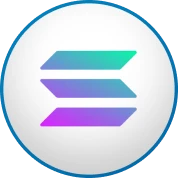
Ethereum

Tezos

Stellar

POA

Avalanche

Near
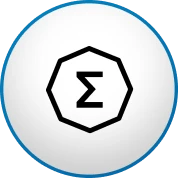
Bitcoin

Solana

Hyperledger
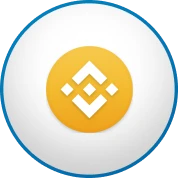
Terra Luna
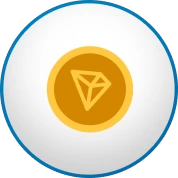
Polkadot

Fantom

Graphene

EOS

Amazon Managed Blockchain
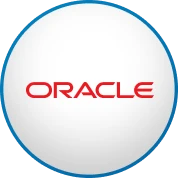
Oracle Blockchain
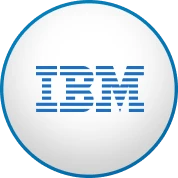
IBM Blockchain
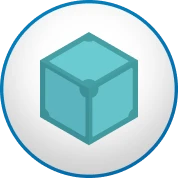
IPFS

Arweave
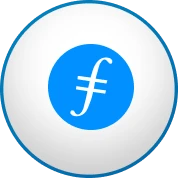
Filecoin
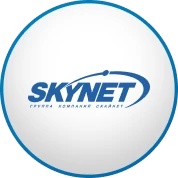
Skynet
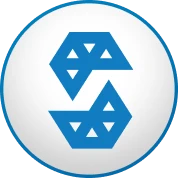
Solidity

Rust

Vyper
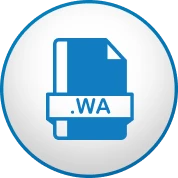
WA
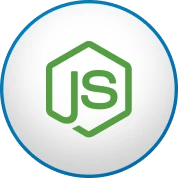
Truffle

Hardhat
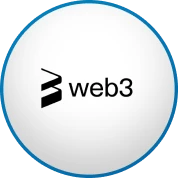
Brownie

Embark

Waffle
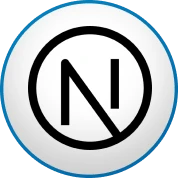
OpenZeppelin

Solidity Coverage

White Block

HTML

CSS

JS

Angular

React

Meteor
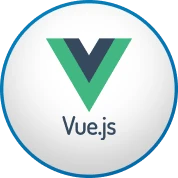
Vue.js
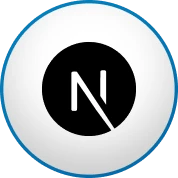
Next.js
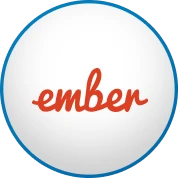
Ember

Go
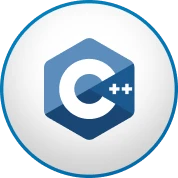
C++

Java
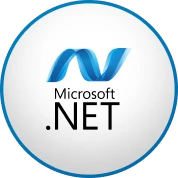
Microsoft.net
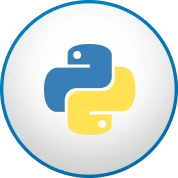
Python
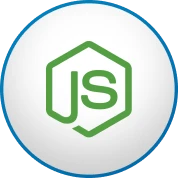
Node.js

Php
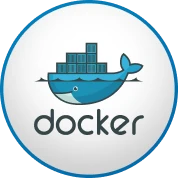
Docker

Kubernetes

Openshift
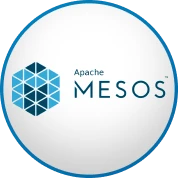
Apache Mesos
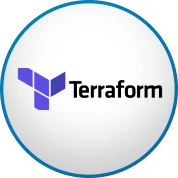
Terraform

Packer
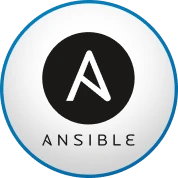
Ansible

Puppet
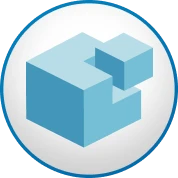
Saltstack
We deal in different types of DeFi, providing you the liberty to choose the best option for your business.

DeFi borrowing and lending involve obtaining or lending cryptocurrency loans on a decentralized platform.

Asset-backed tokens, decentralized oracles, and peer-to-peer protocols for prediction markets are all examples of derivatives that can be created.

Decentralized insurance leverages blockchain to provide transparent, efficient coverage powered by smart contracts without centralized intermediaries.

DEX allows peer-to-peer cryptocurrency trading using automated smart contracts without centralized intermediaries controlling funds.

Decentralized payment solutions utilize blockchain and cryptocurrencies to facilitate global, borderless transactions with lower transaction fees in real-time without centralized third parties.

Our DeFi development company uses an iterative, user-centric approach across the full software lifecycle to deliver maximum value DeFi products tailored to your business requirements. From ideation to launch, here’s our transparent DeFi development process.

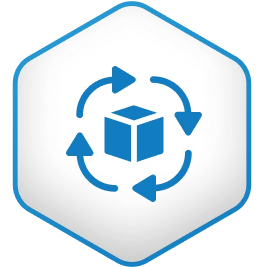

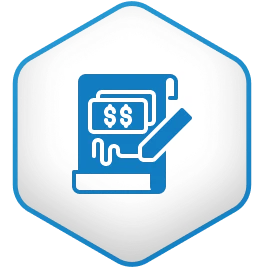
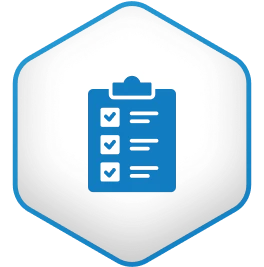

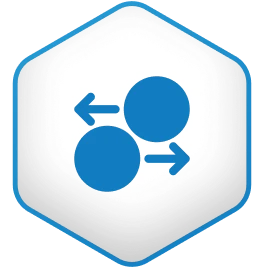



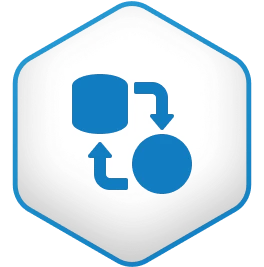
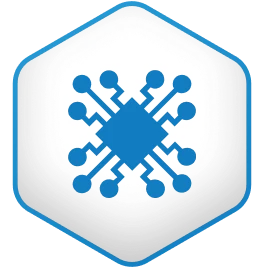
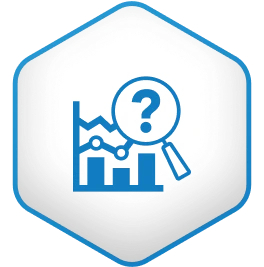
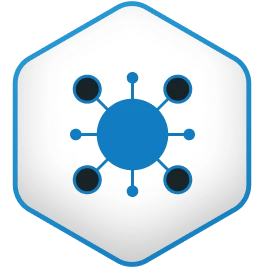
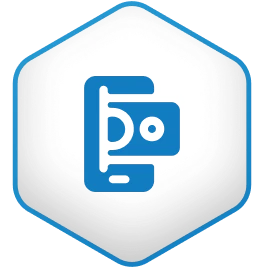



| Feature | DeFi | CeFi |
|---|---|---|
| Control | Users have complete control over their funds and assets through self-custody and private keys. | Centralized entities like banks and financial institutions manage user funds and dictate access. |
| Accessibility | Decentralized finance is permissionless and open to anyone with an internet connection, promoting financial inclusion. | In CeFi, access to financial services can be limited by factors like geographical location, income levels, and credit score. |
| Transparency | DeFi transactions are publicly recorded on blockchains, ensuring transparency and auditability. | Operations and processes can be opaque, with limited insights into how financial institutions handle user funds. |
| Intermediaries | DeFi eliminates intermediaries, enabling peer-to-peer interactions and lowering transaction costs. | Financial transactions rely on intermediaries like banks, brokers, and exchanges, incurring fees and increasing complexity. |
| Censorship resistance | DeFi is censorship-resistant, promoting individual autonomy and preventing arbitrary restrictions. | Centralized institutions can freeze or block user accounts and transactions. |
| Innovation | DeFi fosters rapid innovation with open-source code and permissionless protocols, allowing for experimentation and rapid development. | Innovation can be hampered by regulatory hurdles and bureaucratic processes within traditional financial institutions. |
| Investment Opportunities | DeFi offers a wider range of investment opportunities like yield farming, liquidity mining, and participation in DAOs (Decentralized Autonomous Organizations). | Limited investment options are often restricted to traditional products like stocks and bonds. |
| Risk and Security | DeFi introduces new risks associated with smart contract vulnerabilities and user errors, but its open-source nature allows for community scrutiny and rapid vulnerability patching. | Centralized institutions can be vulnerable to cyberattacks and financial mismanagement, putting user funds at risk. |
| Regulation | DeFi is still largely unregulated, but regulatory frameworks are evolving rapidly, creating uncertainty and potential challenges for adoption. | CeFi is subject to extensive government regulations, leading to compliance burdens and potential barriers to entry for new players. |
Here is our pre-coded DeFi solution that allows the development of a more advanced and secure multi-asset platform.




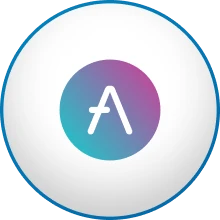


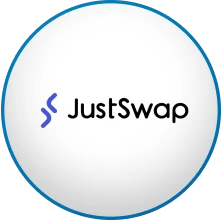
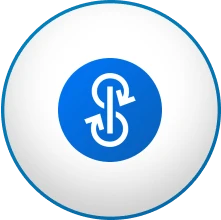

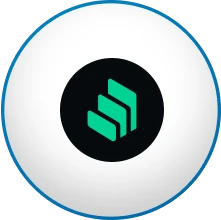

DeFi developers are blockchain experts who ideate, develop, and manage decentralized platforms and tasks such as data storage, API integration, and security to guarantee that these platforms operate seamlessly.
A DeFi platform is a decentralized application that provides financial services such as lending, borrowing, trading, and investments using blockchain technology and crypto assets without centralized intermediaries.
You can start DeFi development by installing development tools like Truffle and Ganache for building and testing smart contracts. Next, create an ERC20 token to understand token functionality. Then, focus on crafting an intuitive UI/UX design to optimize user experience. Write modular, well-tested smart contracts and integrate them with the front end. Finally, deploy the application on a testnet, perform audits, and launch it on the mainnet. Following these key steps will help build a secure, user-friendly decentralized finance application.
The cost to build custom DeFi software depends on the specific features such as complexity, blockchain platform, smart contract programming, and extent of customization desired.
Yes, DeFi is safe. When built correctly using secure smart contract code, audited algorithms, and blockchain's inherent encryption, DeFi can offer safety and risk reduction. However, DeFi vulnerabilities can exist, so working with reputable developers is key to creating robust, hack-resistant decentralized finance applications.
Yes, DeFi lets you earn money by lending crypto assets or borrowing against collateral, enabled by decentralized protocols that connect lenders and borrowers peer-to-peer to eliminate intermediaries and offer attractive, transparent rates in real-time.
Yes. The future of DeFi is secure and broad scope. It will increasingly commoditized core financial services like lending while enabling greater efficiency, reduced costs, and improved user experiences - the sector's decentralization and transparency have vast potential to transform traditional finance.
A DeFi company utilizes decentralized software and blockchain technology to provide financial products and services like trading, lending, investing, payments, and insurance without relying on traditional financial intermediaries.
There are various pros and cons of DeFi. The pros include permissionless access, total transparency through blockchain's immutable ledger, attractive options for crypto lending/borrowing and savings, and asset tokenization. However, cons like scalability limitations, regulatory uncertainty, concerns around sufficient liquidity provisioning, and risks from smart contract bugs/hacks mean users share responsibility for understanding this emerging landscape.
The risks involved in DeFi are smart contract vulnerabilities, Lack of regulation, Market volatility, Liquidity risk and Counterparty risk.
Learning DeFi development requires a combination of theoretical knowledge and practical experience. Continuous learning, hands-on coding, and active engagement with the developer community will contribute to your success in the rapidly evolving world of decentralized finance.
Uniswap is a prominent example of a decentralized finance (DeFi) protocol that facilitates automated liquidity provision on the Ethereum blockchain.



